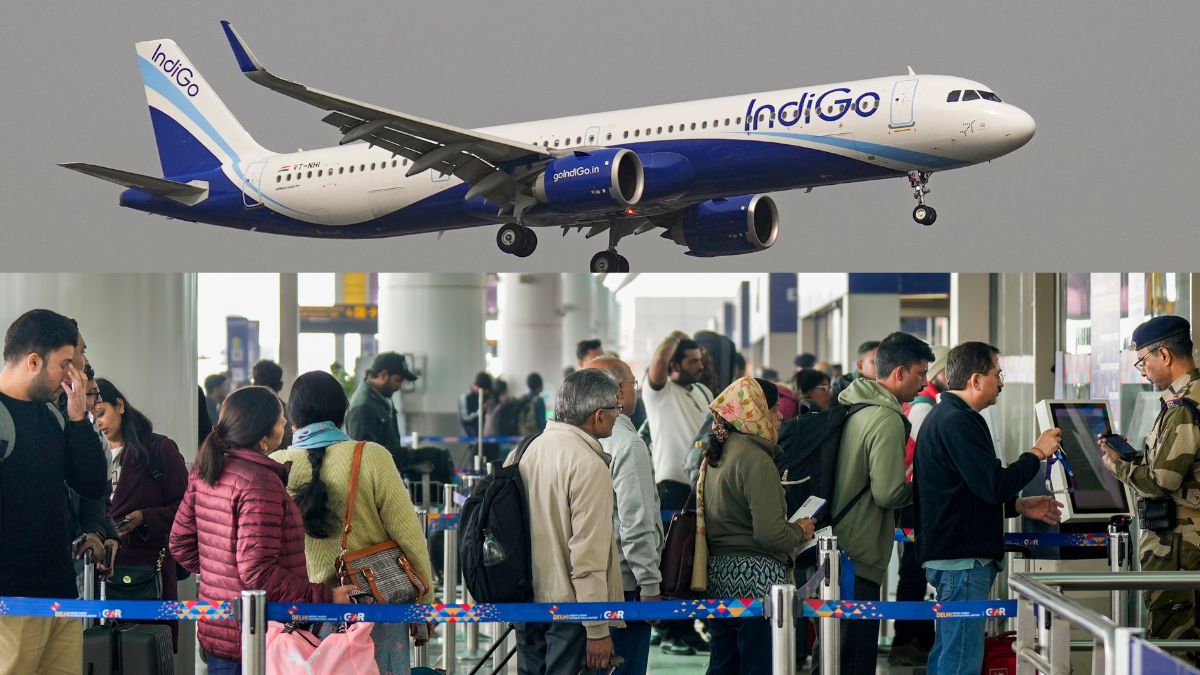With the Supreme Court rejecting the final set of review petitions on adjusted gross revenue (AGR) dues, telecom operators have now exhausted all legal avenues and can only hope for relief from the government. The latest order has dismissed Bharti Airtel’s pending review petition from August 2021, which was the last remaining legal challenge in the AGR dispute. This follows the apex court’s dismissal of curative petitions last year that sought corrections in alleged calculation errors made by the department of telecommunications (DoT).
Given the verdict, telecom operators like Bharti Airtel and Vodafone Idea are now looking to the government for some form of relief. A proposal for a relief package worth Rs 90,000 crore, which includes waivers on a significant portion of AGR dues, is currently under consideration. A final decision is expected from the Cabinet Secretary.
The Supreme Court’s bench, led by Chief Justice Sanjiv Khanna, along with Justices Abhay S Oka and Sanjay Kumar, found no merit in revisiting the matter. In its order, the court stated that it had carefully perused the review petitions and the grounds in support thereof but found no case for a review of the July 23, 2021, order. With this, all pending applications stood disposed of. This ruling marks the end of a long legal battle that began with the Supreme Court’s 2019 judgment, which upheld the government’s definition of AGR, leading to hefty financial liabilities for telecom operators.
The impact of the judgment is particularly severe for Vodafone Idea, which is already struggling with financial stress. Bharti Airtel, with its stronger balance sheet and healthier cash flows, is in a better position to pay its dues. Following the court’s decision, Vodafone Idea’s stock on Friday fell 5.3% to Rs 8.18 on the BSE, while Bharti Airtel’s stock closed marginally higher at Rs 1,715. The verdict also affected Indus Towers, which provides telecom infrastructure to Airtel and Vodafone Idea, as its stock dropped 4.2% to Rs 333.95.
Reacting to the development, Vodafone Idea issued an exchange filing stating that various applications, review petitions, and a curative petition had been filed before the Supreme Court in the AGR matter, mainly seeking correction of manifest errors in AGR demands. The company noted that these petitions had mostly been disposed of, with the last being the dismissal of the curative petition, which had been previously communicated to stock exchanges on September 19, 2024. Bharti Airtel also informed stock exchanges about the development.
A key point of contention in the AGR case has been the massive gap between DoT’s calculations and the self-assessed dues by telecom operators. For Vodafone Idea, DoT has calculated total dues at Rs 58,000 crore, whereas the company’s own estimate places it at Rs 21,500 crore. Similarly, for Bharti Airtel, DoT’s calculation stands at Rs 43,980 crore, while the company has assessed its dues at Rs 13,000 crore.
The government had previously offered a four-year moratorium on AGR dues, which is set to expire in October 2025. Under the Supreme Court’s September 1, 2020, order, telecom companies were required to pay 10% of their dues upfront by March 31, 2021, with the remaining amount to be cleared over a 10-year period until 2031. They were also required to make annual payments of 10% of their dues by March 31 each year. So far, Bharti Airtel has paid Rs 18,000 crore, while Vodafone Idea has paid Rs 8,000 crore.
Telcos had also sought relief in the form of setting aside interest, penalties, and interest on penalties, as these charges constitute nearly 75% of the total Rs 1.47 lakh crore AGR dues. Of this amount, Rs 92,642 crore pertains to licence fees, while spectrum usage charges amount to Rs 55,054 crore. With all legal options now exhausted, the fate of the telecom sector hinges on whether the government will step in with financial relief.








